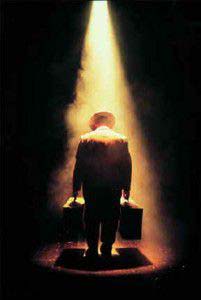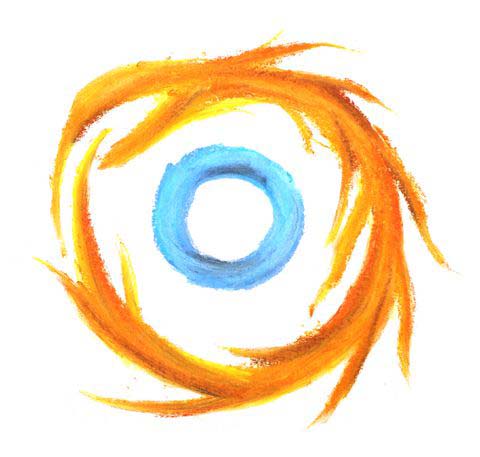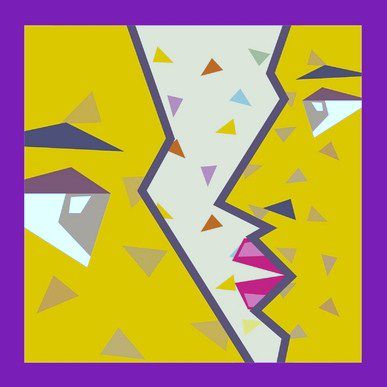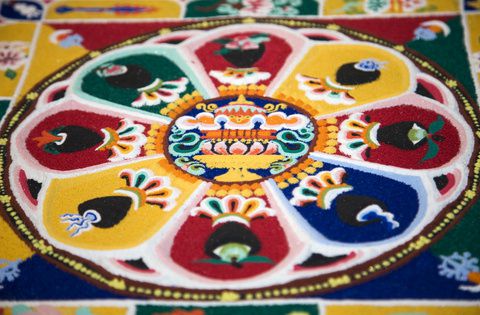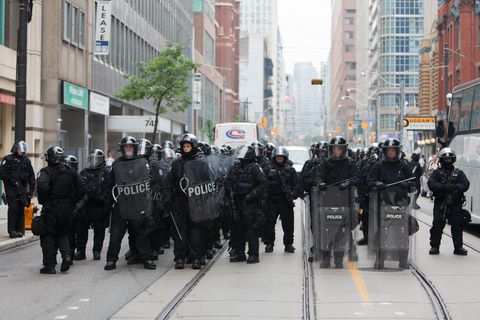
Dream Interpretation in Jungian Psychotherapy: The Roadblock
I thought that I would try and say a little bit in this post about how a Jungian approach to dream interpretation might look like "in action". Here's a dream motif that appears sometimes in case studies, in one form or another, the motif of…

